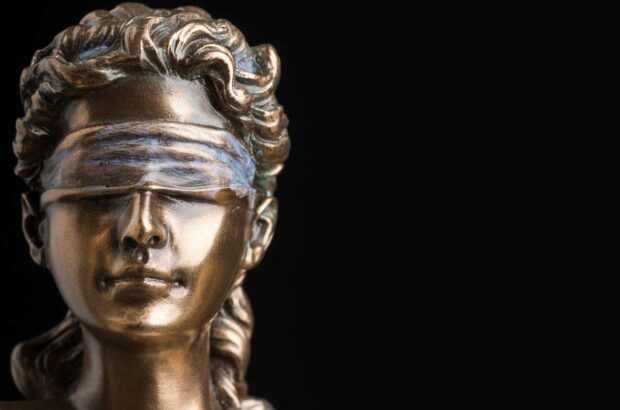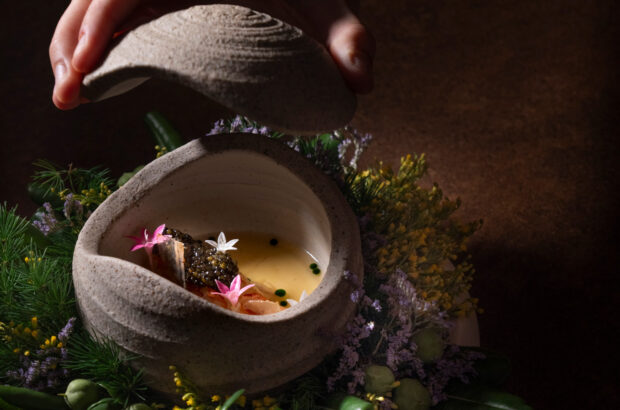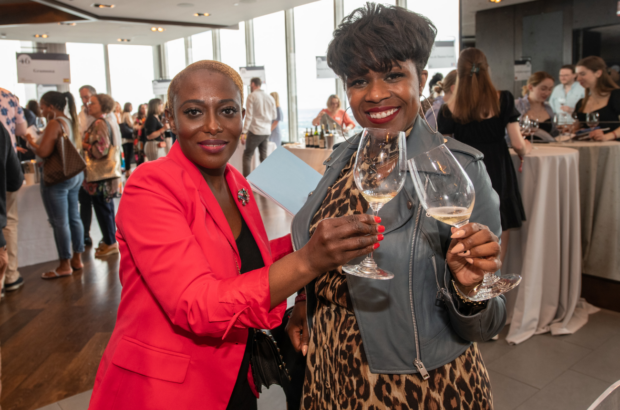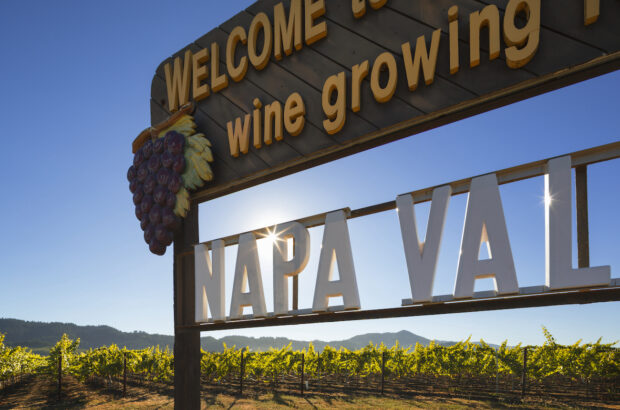Surging demand for luxury Champagnes in the past two years appears to have changed the region’s profile on the secondary market, said Liv-ex, a global marketplace for the trade.
‘Once a relatively modest price performer, Champagne has become the best performer over the past one and two years,’ said Liv-ex in a new report published this week for members.
Its Champagne 50 index, featuring Krug, Cristal, Dom Pérignon, Salon and Taittinger Comtes de Champagne among others, has risen in value by nearly 73% over two years, and by 52% in the last 12 months.
That beats other regional indices, as well as the FTSE100 and S&P500, Liv-ex said. Several merchants have also previously reported strong demand for prestige Champagnes.

Chart credit: Liv-ex report, ‘Champagne: the growing secondary market for luxury’.
‘The Champagne at the forefront of the market’s two-year bull-run has been Salon Le Mesnil, which has risen 99.5% on average during this time,’ Liv-ex said in its report.
Taittinger Comtes was up more than 90%, with Cristal and Krug up more than 80%.
Liv-ex top traded Champagnes in 2022 so far
Liv-ex said the 10 most traded Champagnes by value on its marketplace in 2022, to date, were:
- Louis Roederer Cristal 2008 | Liv-ex quoted a market price of £3,900 (12x75cl in bond), up 105.3% since release
- Louis Roederer Cristal 2014 | Market price £2,460, up 2.5% on release (in 2022)
- Dom Pérignon 2012 | Market price £1,900, up 43.9%
- Louis Roederer Cristal 2013 | £3,440, up 102.4%
- Dom Pérignon 2008 | £2,400, up 93.5%
- Salon Le Mesnil 2012 | £12,600, up 231.6%
- Salon Le Mesnil 2002 | £13,061, up 392.9%
- Louis Roederer Cristal 2012 | £2,920, up 79.1%
- Taittinger Comtes de Champagne Blanc de Blancs 2011 | £1,179, up 10.2%
- Louis Roederer Cristal Rosé 2008 | £4,568, up 8.8%
Yet Liv-ex also questioned whether recent secondary market price momentum can continue.
Justin Gibbs, Liv-ex’s deputy chairman and exchange director, said. ‘A series of strong vintages and market-leading returns has put Champagne in sharp focus in recent years, drawing interest from an ever-growing audience of buyers – both drinkers and investors.
‘But as prices rise and the core dynamics driving the market continue to evolve there are signs that returns may soon begin to slow.’
Higher prices mean that Champagne doesn’t always have the same value proposition as it used to, said Liv-ex, although its report did highlight that newer vintages still offer relative value to savvy buyers in some cases.
In general, it said, ‘The calling card of grande marque Champagne used to be that you could have a fine wine with all the pedigree of a Bordeaux First Growth but for a fraction of the price. That is no longer the case.’
Amid increasingly stormy economic waters, Liv-ex noted brand power and global distribution as Champagne’s core strengths.
‘The question is whether these two elements alone will be enough to sustain the current run, as the old rules of engagement evolve, and the world loses its enthusiasm for celebration.’







